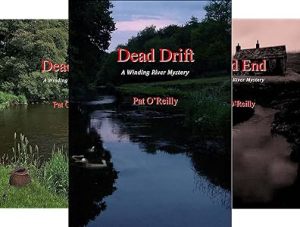Spotted Fritillary - Melitaea didyma
Phylum: Arthropoda - Class: Insecta - Order: Lepidoptera - Family: Nymphalidae
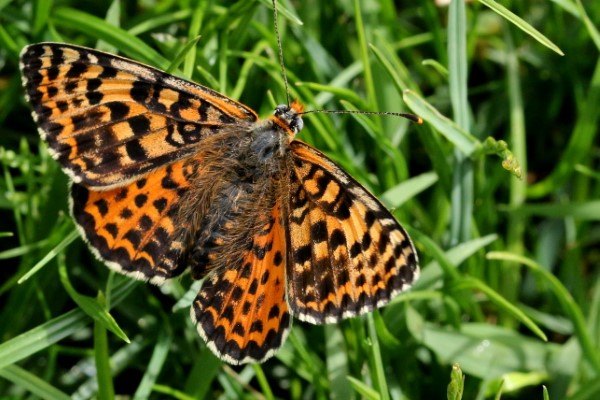
The Spotted Fritillary is very variable in colouring. Its wingspan is 3.5 to 5cm, females being slightly larger than males and having stouter bodies.
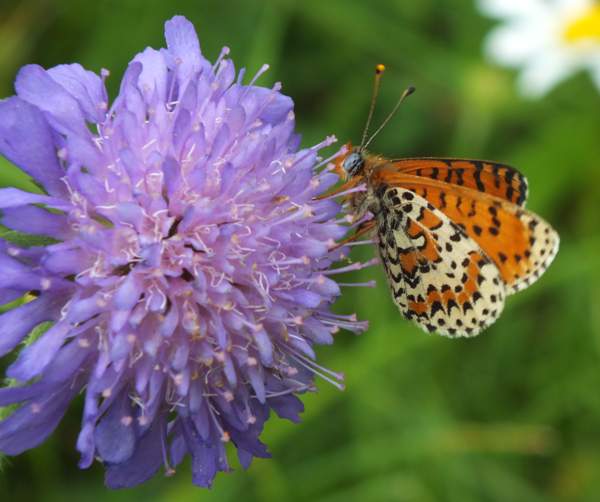
Distribution
Not known to occur naturally in Britain (although just a few specimens, almost certainly introductions, have been recorded), the Spotted Fritillary is native to most of central and southern Europe including Portugal, Spain, France and italy as well as the Middle East and much of central Asia.
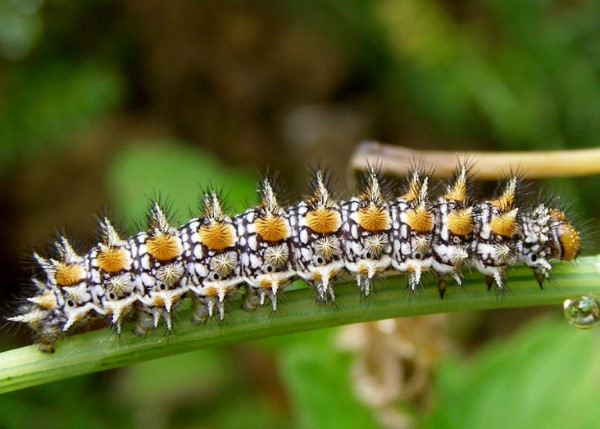
Description
Male Spotted Fritillaries are usually a bold orange-red colour, but sometimes they are nearer to brick red. The females, while generally paler than the males, are particularly variable in coloration and are often suffused greyish and more heavily marked than the males. The underside of the wings is a chequered pattern of pale yellow and pale orange. The caterpillar is equally colourful.
Lifecycle
The primary larval foodplants of the Spotted Fritillary are very varied and include several Linaria and Veronica species as well as Foxgloves Digitalis purpurea.
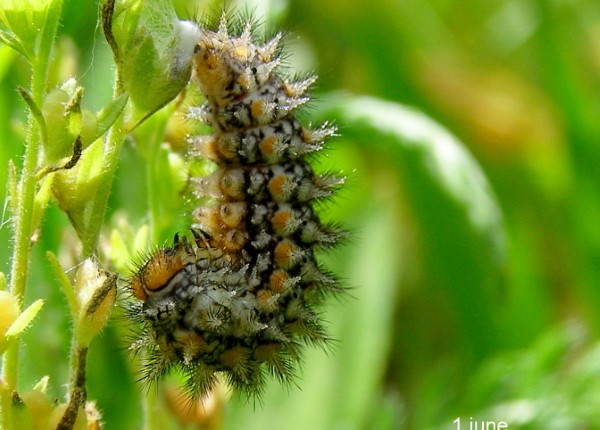
The Spotted Fritillary larva shown above is just entering the pupal stage and below is the same specimen in pupation.
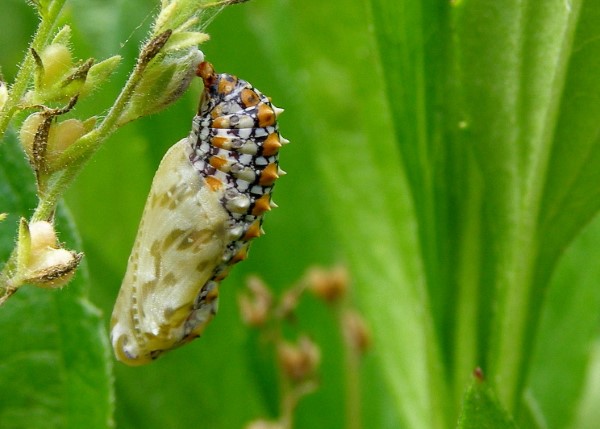
There are two or three broods of Spotted Fritillaries per year, depending on altitude, and so adults can usually be seen in flight from April right through to September. The final brood overwinters communally as small larvae (caterpillars), and overwintered caterpillars disperse from their communal nest in springtime and feed voraciously before pupating.
Females lay their eggs on the undersides of leaves of the plant families Plantaginaceae and Scrophulariaceae, and the eggs hatch in typically 15 days.
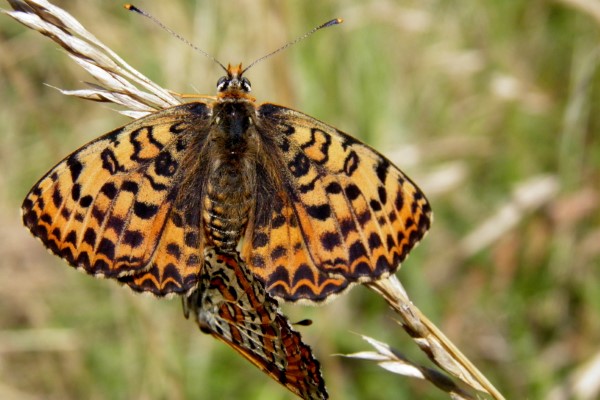
Acknowledgements
This page includes pictures kindly contributed by Steve Jelf.
Studying butterflies and moths...
Excited at the prospect of flyfishing? So are we, and we're pretty sure you would find the Winding River Mystery trilogy of action-packed thrillers gripping reading too. Dead Drift, Dead Cert, and Dead End are Pat O'Reilly's latest river-and-flyfishing based novels, and now they are available in ebook format. Full details on our website here...
Buy each book for just £4.96 on Amazon...
Please Help Us: If you have found this information interesting and useful, please consider helping to keep First Nature online by making a small donation towards the web hosting and internet costs.
Any donations over and above the essential running costs will help support the conservation work of Plantlife, the Rivers Trust and charitable botanic gardens - as do author royalties and publisher proceeds from books by Pat and Sue.
